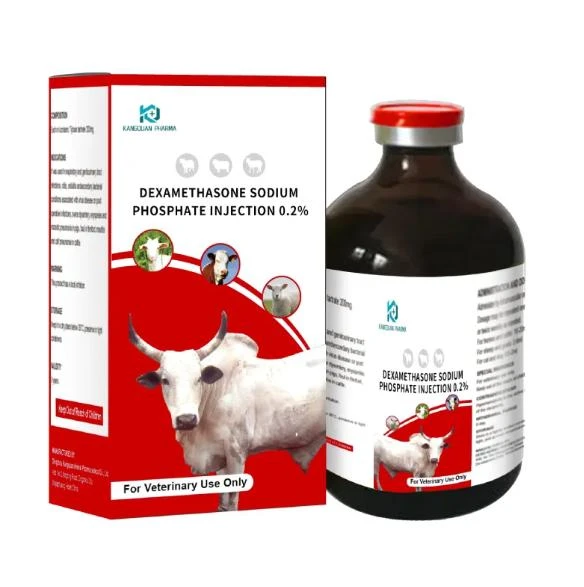- Afrikaans
- Albanian
- Amharic
- Arabic
- Armenian
- Azerbaijani
- Basque
- Belarusian
- Bengali
- Bosnian
- Bulgarian
- Catalan
- Cebuano
- Corsican
- Croatian
- Czech
- Danish
- Dutch
- English
- Esperanto
- Estonian
- Finnish
- French
- Frisian
- Galician
- Georgian
- German
- Greek
- Gujarati
- Haitian Creole
- hausa
- hawaiian
- Hebrew
- Hindi
- Miao
- Hungarian
- Icelandic
- igbo
- Indonesian
- irish
- Italian
- Japanese
- Javanese
- Kannada
- kazakh
- Khmer
- Rwandese
- Korean
- Kurdish
- Kyrgyz
- Lao
- Latin
- Latvian
- Lithuanian
- Luxembourgish
- Macedonian
- Malgashi
- Malay
- Malayalam
- Maltese
- Maori
- Marathi
- Mongolian
- Myanmar
- Nepali
- Norwegian
- Norwegian
- Occitan
- Pashto
- Persian
- Polish
- Portuguese
- Punjabi
- Romanian
- Russian
- Samoan
- Scottish Gaelic
- Serbian
- Sesotho
- Shona
- Sindhi
- Sinhala
- Slovak
- Slovenian
- Somali
- Spanish
- Sundanese
- Swahili
- Swedish
- Tagalog
- Tajik
- Tamil
- Tatar
- Telugu
- Thai
- Turkish
- Turkmen
- Ukrainian
- Urdu
- Uighur
- Uzbek
- Vietnamese
- Welsh
- Bantu
- Yiddish
- Yoruba
- Zulu
नोभ . 12, 2024 06:24 Back to list
what antibiotic is good for lung infection
Understanding Antibiotics for Lung Infections
Lung infections, commonly referred to as pneumonia, can be caused by a variety of pathogens, including bacteria, viruses, and fungi. Among these, bacterial pneumonia is a significant concern that often requires antibiotic treatment. Choosing the right antibiotic is crucial for effective management and recovery. In this article, we will explore the types of antibiotics that are commonly prescribed for lung infections, their mechanisms of action, and considerations for their use.
Common Types of Antibiotics for Lung Infections
When it comes to treating bacterial lung infections, healthcare providers typically prescribe antibiotics based on the most likely pathogens involved. Some common antibiotic classes and their typical use cases include
1. Macrolides This class includes medications such as azithromycin and clarithromycin. They are commonly used for treating typical pneumonia caused by Streptococcus pneumoniae and atypical agents like Mycoplasma pneumoniae. Macrolides work by inhibiting bacterial protein synthesis, thereby stopping bacterial growth.
2. Penicillins Amoxicillin is a primary representative in this category. It is often recommended for community-acquired pneumonia where Streptococcus pneumoniae is suspected. Penicillins kill bacteria by disrupting their cell wall synthesis, making them effective against many strains of bacteria.
3. Cephalosporins Drugs like ceftriaxone and cefotaxime may be used, particularly in more severe cases or when resistance is suspected. These antibiotics are similar to penicillins but have a broader spectrum of activity and can target a wider array of bacteria.
4. Fluoroquinolones Medications such as levofloxacin and moxifloxacin are effective against more resistant strains and are used in patients with coexisting conditions or where there is a higher risk of infection by difficult-to-treat bacteria. They work by inhibiting bacterial DNA synthesis.
5. Tetracyclines Doxycycline is another option for treating atypical pneumonia. Tetracyclines are broad-spectrum antibiotics that inhibit protein synthesis, making them suitable for a variety of pathogens.
what antibiotic is good for lung infection

Choosing the Right Antibiotic
The selection of an antibiotic for lung infections should take into account several factors
- Type of Infection Different pathogens require different treatments. A thorough diagnosis, often including a review of symptoms, physical examination, and possibly imaging or laboratory tests, helps determine the most likely causative agent.
- Antibiotic Resistance In recent years, antibiotic resistance has become a significant concern, especially with common pathogens. Physicians often consider local resistance patterns when prescribing antibiotics.
- Patient Factors Age, underlying health conditions, allergies, and history of antibiotic use can influence the choice of medication. For instance, patients with chronic lung disease or weakened immune systems may require more aggressive or broad-spectrum antibiotics.
Side Effects and Considerations
While antibiotics can be life-saving, they are not without side effects. Common side effects include gastrointestinal disturbances, allergic reactions, and, in some cases, effects on the liver or kidneys. Additionally, the use of antibiotics can disrupt normal flora, potentially leading to secondary infections such as Clostridioides difficile.
Conclusion
In summary, the choice of antibiotic for lung infections is a complex decision that involves understanding the underlying cause of the infection, awareness of resistance patterns, and consideration of patient-specific factors. Macrolides, penicillins, cephalosporins, fluoroquinolones, and tetracyclines are among the most commonly used antibiotics. It is essential for healthcare providers to prescribe these medications judiciously to promote effective treatment and reduce the risk of antibiotic resistance. Patients are encouraged to follow their healthcare provider's recommendations closely and complete their prescribed course of antibiotics to ensure the best possible outcomes for lung infections.
-
Guide to Oxytetracycline Injection
NewsMar.27,2025
-
Guide to Colistin Sulphate
NewsMar.27,2025
-
Gentamicin Sulfate: Uses, Price, And Key Information
NewsMar.27,2025
-
Enrofloxacin Injection: Uses, Price, And Supplier Information
NewsMar.27,2025
-
Dexamethasone Sodium Phosphate Injection: Uses, Price, And Key Information
NewsMar.27,2025
-
Albendazole Tablet: Uses, Dosage, Cost, And Key Information
NewsMar.27,2025













